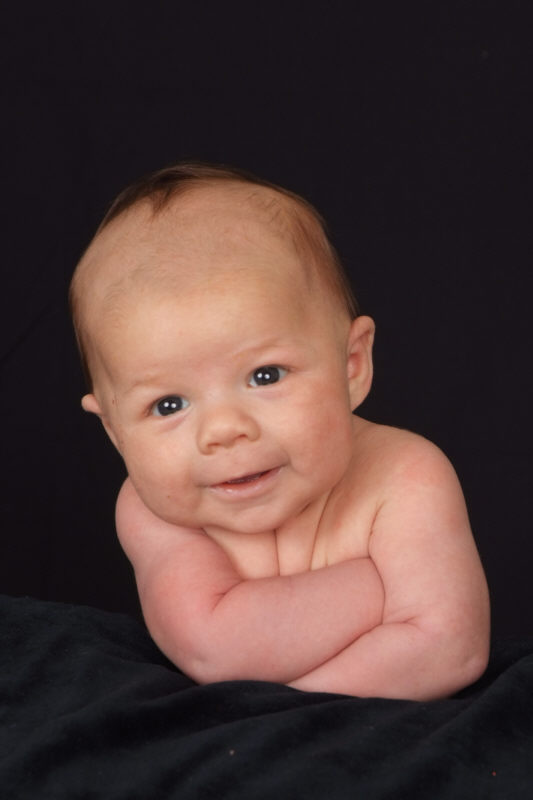
As a new parent, you may be curious about your baby’s development. You might have wondered about the first muscle that develops in your baby. The human body is an incredible machine, and the development of a baby’s muscles is a complex process. In this article, we will explore the first muscle that develops in a baby and how it affects the baby’s overall physical development.
Table of Contents
The First Muscle to Develop in a Baby
The first muscle to develop in a baby is the heart. It starts beating around three weeks after conception. Though the heart is not a skeletal muscle like the ones in our arms and legs, it is still a muscle that plays a crucial role in our body’s functioning. The heart’s development is essential for the baby’s survival in the womb and after birth.
The heart muscle is also known as the cardiac muscle. It is a specialized type of muscle that contracts and relaxes rhythmically, allowing blood to circulate throughout the body. The heart muscle is different from the skeletal muscles that we use to move our limbs, as it is not under conscious control.
How Does the Development of the Heart Muscle Affect the Baby’s Overall Physical Development?
The development of the heart muscle is essential for the baby’s overall physical development. The heart pumps blood that carries oxygen and nutrients to all parts of the body, including the developing organs and muscles. The heart also removes waste products from the body.
The heart’s development is closely related to the development of other organs, such as the lungs. The lungs start developing around the same time as the heart, and they work together to supply the body with oxygen. The heart and lungs also play a critical role in the baby’s growth and development after birth.
Other Muscles That Develop in a Baby
While the heart is the first muscle to develop in a baby, other muscles start developing soon after. The skeletal muscles that we use to move our limbs and body develop from around six weeks after conception. These muscles are controlled by the nervous system and are responsible for our movement and posture.
The muscles in the digestive system, such as the esophagus and stomach, also start developing early. These muscles are responsible for pushing food through the digestive tract and breaking it down into nutrients that the body can use.
Factors That Affect Muscle Development in a Baby
Several factors can affect muscle development in a baby. Proper nutrition is crucial for the development of all muscles, including the heart. A well-balanced diet that includes protein, healthy fats, and carbohydrates is essential for the baby’s growth and development.
Physical activity is also essential for muscle development. Even before birth, a baby can move their limbs and practice their movements. After birth, babies start exploring their surroundings and using their muscles to crawl, stand, and walk.
Genetics also play a role in muscle development. Some babies may be born with conditions that affect their muscle development, such as muscular dystrophy or cerebral palsy. These conditions may cause muscle weakness or difficulties with movement.
Conclusion
In conclusion, the first muscle to develop in a baby is the heart. It plays a crucial role in the baby’s overall physical development by supplying oxygen and nutrients to all parts of the body. While other muscles also develop early, the heart muscle is the most critical for the baby’s survival.
As a parent, you can support your baby’s muscle development by providing proper nutrition, encouraging physical activity, and seeking medical care if you have concerns about your baby’s development. Remember that every baby develops at their own pace, and with the right care and support, your baby will reach their full potential.
Frequently Asked Questions
Q: When does the heart begin to beat in a baby?
A: The heart begins to beat around three weeks after conception.
Q: What are some signs that my baby’s muscles are developing normally?
A: Some signs that your baby’s muscles are developing normally include rolling over, crawling, standing with support, and walking.
Q: Can a baby be born with weak muscles?
A: Yes, some babies may be born with conditions that affect their muscle development, such as muscular dystrophy or cerebral palsy.
Q: How can I support my baby’s muscle development?
A: You can support your baby’s muscle development by providing proper nutrition, encouraging physical activity, and seeking medical care if you have concerns about your baby’s development.
Q: When do skeletal muscles start developing in a baby?
A: Skeletal muscles start developing around six weeks after conception.
